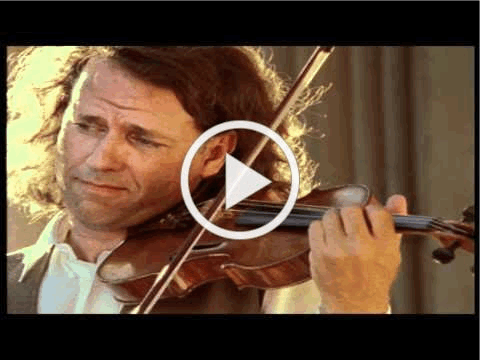|
|
||||
|
|
||||
|
COVID19-088
– August 30, 2021 |
||||
| Dear Patients: | ||||
|
"To be, or not to be" is the opening phrase of a soliloquy by Hamlet as he contemplates death
and suicide. Hamlet is mad at his mom; she married his uncle
who killed his father. And so, one of the themes is whether
to take action (revenge) or not to take action. It is an
emotional and psychological conundrum. Hamlet finds himself
going crazy as he is unable to make a decision and then
stick with it. Some of the more impulsive characters in the
play, like Hamlet's uncle, find tragedies coming their way
due to their excessive willingness just to act. |
||||
| . | ||||
 |
||||
| . | ||||
|
So how do we decide on this current question to boost or not to boost? It should not be an emotional decision;
it should not be based on fear or politics or the urging of
the biotechs that manufacture the booster. It has to be
based on science, so currently, we need to pause and examine
the science. This is how we decided that hydroxychloroquine
was not effective and that it is okay to use aspirin and
ibuprofen if you get COVID. It's how we discovered that
dexamethasone is very helpful to avoid respiratory failure
for those with worsening COVID. And science has shown us
that the vaccines are effective and safe. This
recent publication is the world's largest study to date on
the safety of vaccines.
The good news is that despite the COVID vaccine breakthrough
infections, and the expected decline in the level of
antibodies, the further we get from the time the vaccine was
given, we are still seeing the vaccine as very effective in
preventing hospitalizations, respiratory failure and death.
The more people who are vaccinated, the better. Even those
who recently have contracted the illness should get a least
one vaccination.
And the further encouraging news is that in the last couple
of days, the prevalence in Maryland has slightly dropped and
is now plateaued at under 5%. This is an excellent sign. It
means that herd immunity is increasing and people are making
good decisions about staying away from indoor crowds,
wearing face-masks, continuing to wash their hands, and
those who have respiratory symptoms are self-isolating and
getting tested. |
||||
|
So, what do we know presently?
So based on the above, here is my take regarding to boost,
or not to boost, which is subject to change based on the
science as it rolls in.
|
||||
| . | ||||
|
||||
| . | ||||
|
|
||||
| On the Lighter Side: | ||||
|
|
||||
| . | ||||
|
As a reminder, I'm no longer sending out daily updates and instead, I'm
updating you periodically. I continue to enjoy writing these
updates. Initially, these were only sent to my patients,
however, I've been humbled to learn that, through social
media, these writings have been forwarded and re-forwarded
to many. This has brought me great joy to know that this
simple act of sharing facts, thoughts, opinions, and hopes
have touched you in some way. Hopefully I've been able to
reassure you, maybe make you smile and laugh, soothe your
worries, and comfort you. And maybe, just maybe, I've helped
you to be in the moment! |
||||
|
Reach out. Stay connected. Stay home. Save lives. The power
of one. Be well.
Feel free to forward this on: spread the word, not the
virus.
HAO
24/7
Harry Oken, M.D.
Adjunct Professor of Medicine
University of Maryland, School of Medicine
Office 410-910-7500
Fax 410-910-2310
Cell 443-324-0823 |
||||
|
Confidentiality Statement:
This email message, including any attachments, is
for the sole use of the intended recipient(s) and
may contain confidential and privileged
information. Any unauthorized use, disclosure or
distribution is prohibited. If you are not the
intended recipient, please contact the sender by
reply email and destroy all copies of the original
message.
|
||||


